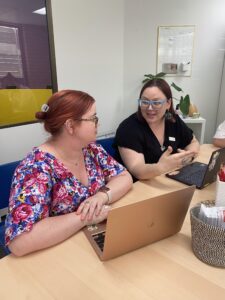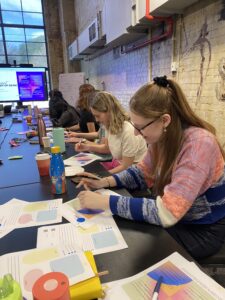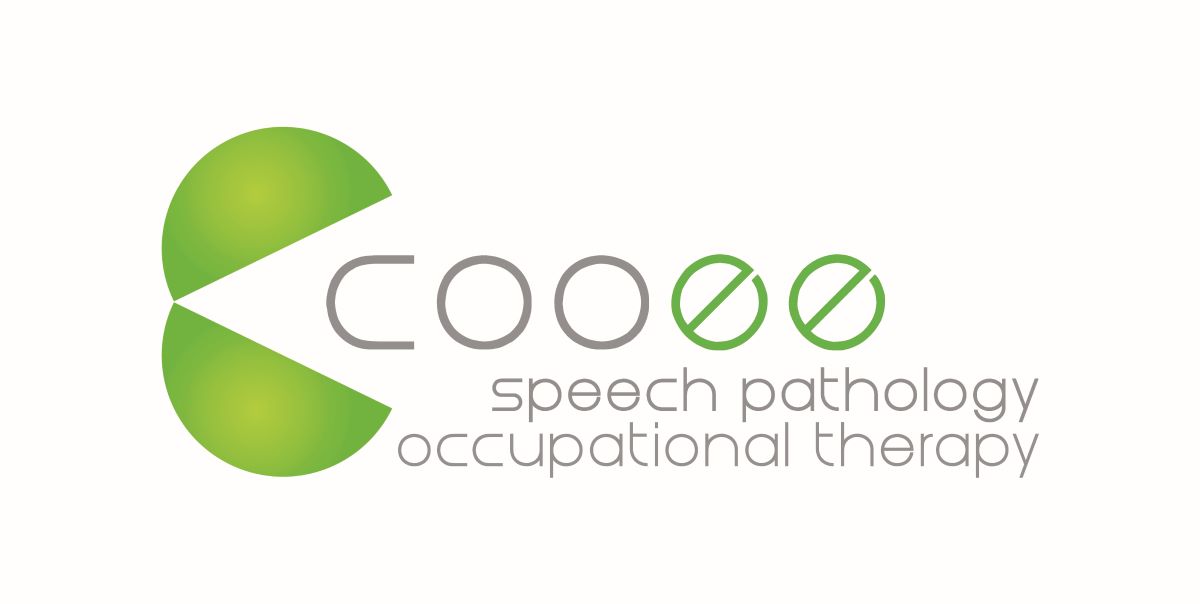You’re Not Alone: What to Expect During Your First Year as a Therapist
A guide to the journey from student to clinician, inspired by real-world reflections and research, written by Speech Pathologist & Early Career Team Mentor Robbie.
Stepping Into Your New Role
At Cooee, I mentor early career clinicians and over time, I started hearing new grads report similar things across their first year:
-
“Is it normal to feel this overwhelmed?”
-
“How do I map a full therapy arc?”
-
“Will I ever feel confident?”
It made me curious: is this just our team, or is there something bigger at play?
Turns out, there’s research that tracks the new graduate experience across the first year. The emotional rollercoaster, the identity shifts, the growing pains, they’re all part of a shared experience.
This blog is here to walk you through that journey, and offer a few tools to help you feel steady, supported, and seen.
At 0 months:

You might think…
-
“I don’t know what I don’t know”
-
“How do I even begin with a full caseload”
-
“Do I have what it takes”
You might feel…
-
Eager to shed your student identity
-
Hungry for independence
-
A bit of imposter syndrome
This is the ‘stepping in’ phase where excitement meets uncertainty. There’s a feeling of “where do I start”, but you’re ready to show what you can do and be more independent. That drive to stand on your own feet is an important part of growing into a confident, capable clinician
At 3 months:
You might think:
-
“My brain is stretching”
-
“I still know nothing”
-
“How do I learn while also seeing clients”
You might feel:
-
Excited to be trusted with your own clients
-
Scared of others seeing how much you are still to learn
-
High cognitive load – juggling unfamiliar tasks, expectations, and identity shifts
You’re in the ‘staying afloat’ phase. The excitement of beginning is quickly met by the reality of clinical work, fast-paced systems, and internal doubts. Even when you’re doing well, it’s common to feel like an imposter. You’re not alone in that feeling, and it doesn’t mean you’re failing, it means you’re growing through the challenge.
The excitement of beginning is quickly met by the reality of clinical work,fast-paced systems, and internal doubts.
At 6 months:

You might think…
-
“I’m starting to understand what does and doesn’t work for some clients”
-
“Everyone goes through this, I’m not alone”
-
“There’s still lots to learn, but learning is feeling easier”
You might feel…
-
More competent
-
Frustrated by the difference between theory and practice
-
Focused less on yourself, more on your clients
This is the turning point. The ‘finding flow’ phase. You begin to see patterns in clinical presentations, make decisions with more ease, and reflect on how theory meets reality.
This is really when you start to build your professional voice.
At 12 months:
You might think…
-
“My abilities are night and day from when I started”
-
“I can more confidently make recommendations now”
-
“There are still things I don’t know, but there are areas I do know well”
You might feel…
-
Proud of how far you’ve come
-
More trusting of yourself
-
Reflecting on what does and doesn’t work is easier
This is the “standing tall” phase. From my experience, and based on what the research shows, by 12 months, new grads report feeling grounded. There is still learning and growth, but you start to see how far you’ve come.
Top 3 things you can do from day 1 to help you in your first year
-
Lead your Learning

What comes to mind when you think of supervision?
-
A safety net?
-
A sounding board?
Supervision can be a great support, but it’s not a substitute for your own thinking. The clinicians who grow the fastest and develop the strongest critical thinking skills aren’t just asking questions, they’re doing their own research and thinking first, then bringing ideas and reflections to the table.
Top tip: Use PICO
-
When bringing a question into supervision, use PICO as a guide. Here’s an example:
-
Population: In preschool children with a language disorder
-
Intervention: does Narrative Intervention
-
Comparison: compared to Enhanced Milieu Techniques
-
Outcome: improve vocabulary and sentence structure
-
-
Remember: you are not your work
-
It’s easy to tie your self-worth to how things go at work. A great session feels like proof you’re doing well. Feedback can feel like a sign of failure.
-
But here’s a mindset shift that can change everything: you are not your role. You are a person who does a role.
-
Holding onto that perspective can be the difference between burning out and building up the kind of steady confidence that lasts.

Top tip: Rephrase your Language
Swap “I am a Speech Pathologist” for “I am a person who aims to do things…”:
-
authentically
-
collaboratively
-
playfully
-
flexibly
-
empathetically
-
creatively
-
ethically
-
strategically
-
Upgrade your habits:
At uni did you tend to…
-
pull all nighters?
-
finish things last minute?
-
procrastinate?
It might be time to upgrade your habits!
When you step into a new environment, like starting your first job, your usual habit patterns aren’t there anymore, which means you’re not running on autopilot. That’s a good thing! It gives you a chance to pause, think about what you want, and build new habits that really fit where you’re headed.
Top tip: Stack your Habits
Add a new habit onto something you already do. Think of it like this:
“After I do [something I already do], I’ll do [new habit I want to build].”
Examples:
-
After I sit down at my desk each day, I’ll open all my treatment notes for the day
-
After each session, I’ll write down one idea I have for next time
Don’t forget to remind yourself that you are a work in progress, as we all are – at every stage of our career! Each step you take today, leads you towards the professional you are becoming – so enjoy the process!

Written by Speech Pathologist & Early Career Team Mentor, Robbie Corgat, August 2025.
